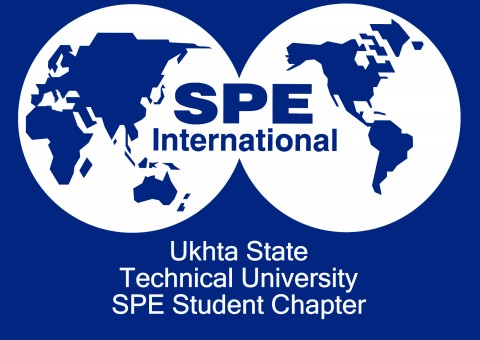Ru En
Distinguished Lecturer (Society of Petroleum Engineers). Arild Saasen: Drilling Fluid Influenced Magnetic Shielding of Directional Measurement Tools: Causes and Consequences
Drilling Fluid Influenced Magnetic Shielding of Directional Measurement Tools: Causes and Consequences
Arild Saasen (Det norske oljeselskap ASA)
Date and place: January, 14th at 12:00 pm, the main building of USTU (13, Pervomayskaya st, Ukhta, Komi Republic), room number "BF".
Abstract:
The magnetic property of the drilling fluid is one of the substantial error sources for the determination of azimuth while drilling deviated wells. These errors, present in all sections, may be in the range of 50-200m when drilling long, deviated intermediate sections. Therefore, these effects represent a significant cost to be mitigated. The error becomes even more pronounced if drilling occurs in arctic regions close to the magnetic North pole (or South pole). Additives, weight materials and the tubular wear are anticipated to distort the geomagnetic field at the location of the magnetometers. The effect on the magnetometer readings is obviously linked to the amount of magnetic and paramagnetic material in the drilling fluid.
The presentation shows how some drilling fluid additives affect the magnetic shielding of the down hole compass. Furthermore, it also shows the origin of most influential types of drilling fluid contaminants like swarf and metalic fines, and their effects. Similarly, it is shown that a certain degree of symmetry of the flow paths around the compass is necessary to avoid distortion of the down hole magnetic readings. Finally, guidelines are presented to minimise the negative effects of the magnetic shielding.
Biography:
Since January 2009 Arild Saasen has been working as technology advisor in Det norske oljeselskap ASA in Oslo. He also holds a position as adjunct professor in drilling and well fluids at the department of petroleum engineering at the University of Stavanger. He has worked as researcher in Rogaland Research (now IRIS), specialist in fluid technology and in the research department in Statoil. He holds a MSc degree in fluid mechanics from the University of Oslo and a PhD in rheology from the Technical University of Denmark, Lyngby. His area of interest covers a wide range within technology; ranging from well fluids, down hole tools and anchor handling of semi-submersible rigs. His most known works are within drilling hydraulics, hole cleaning, drilling waste handling and cementing. He has authored or co-authored more than 150 scientific and engineering articles and papers; including more than 60 SPE papers. Several of these SPE papers have been published in the SPE Drilling & Completion journal. In spring 2012 he was awarded the Carl Clason Nordic rheology prize.

More information about SPE in USTU: http://en.ugtu.net/spe


